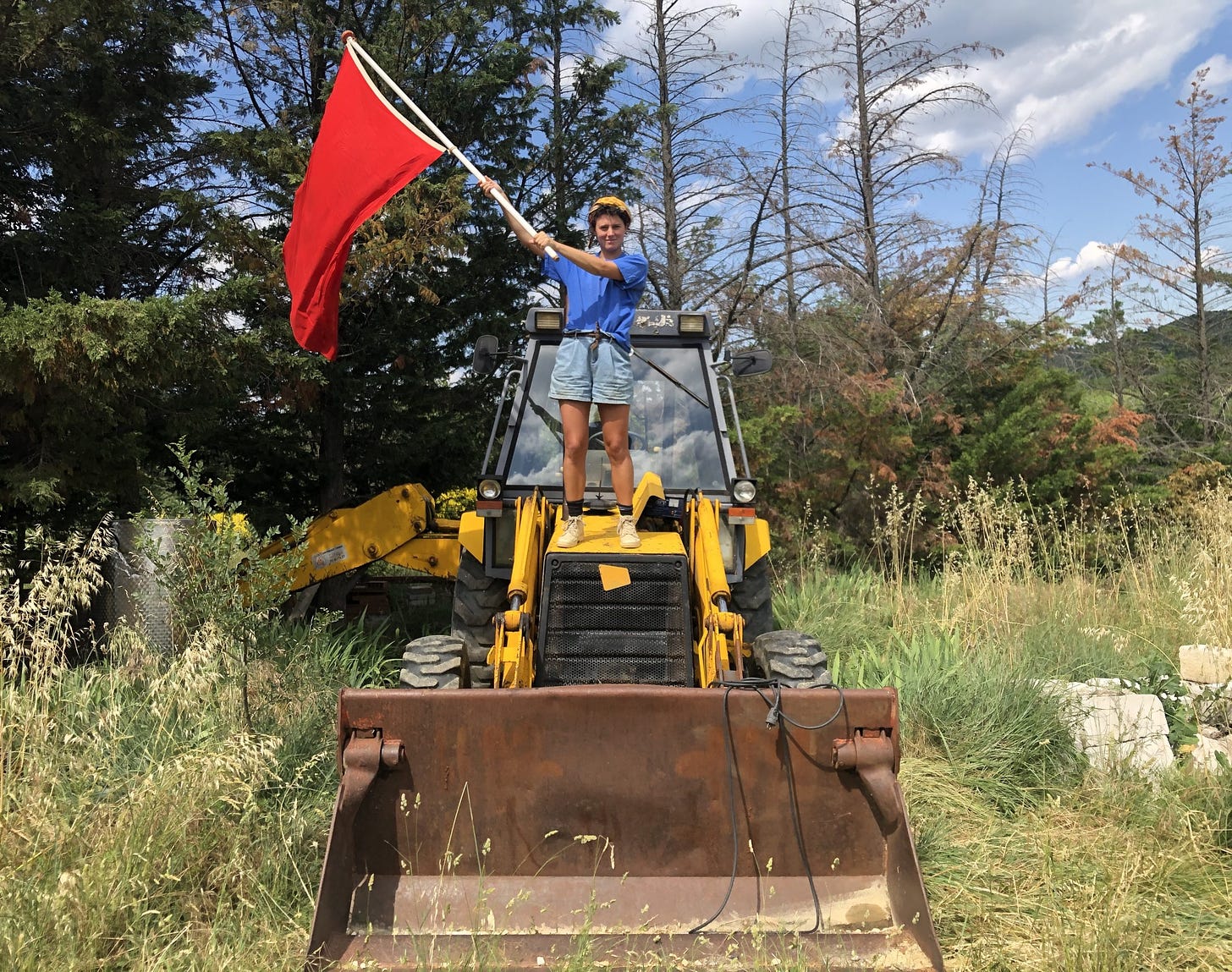Rage against the machine
Hannah outlines why vineyard work can be incredibly divorced from the end product, and has some suggestions on how it can be rehumanised

I worked for lunch in lieu of pay for three weeks including labour day. Why doesn’t matter. What matters is I had the choice. Vine work for many is not a choice. It is not romantic, fun or games. It is uncertain, unskilled labour; the labourers getting by on minimum wage.
‘Je travaille dans les vignes’ evokes a very different picture depending on who you…
Keep reading with a 7-day free trial
Subscribe to The Morning Claret to keep reading this post and get 7 days of free access to the full post archives.



